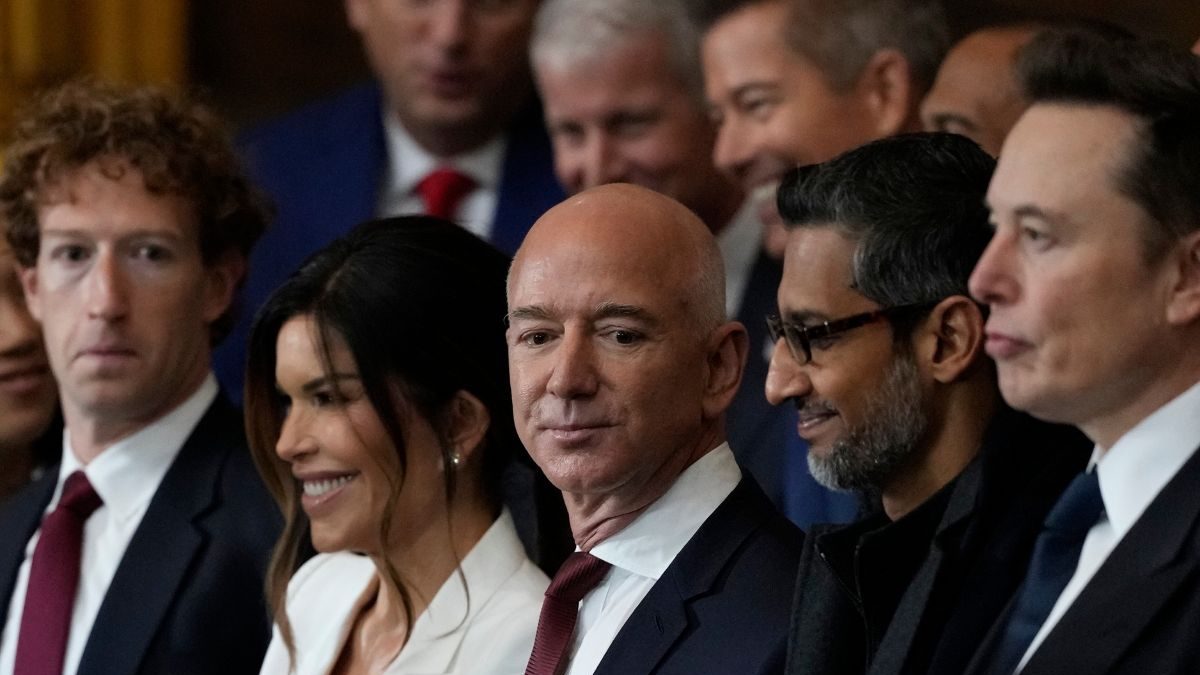


As the political landscape shifts in the United States, the upcoming battles over economic policy are becoming increasingly pronounced. With Donald Trump poised for a potential return to power, the influence of his administration's populist economic vision is expected to dominate discussions among both Republicans and Democrats. This division is characterized by a struggle between populist and oligarchic economic ideologies, reflecting broader societal tensions [6c101e60].
Martin Sandbu, writing for the Financial Times, highlights that Trump's past policies, including significant tariffs imposed on China, are likely to resurface, further complicating the already contentious trade landscape. The debate surrounding tariffs and trade remains a hot-button issue, with differing opinions on their long-term implications for the economy [6c101e60].
In addition to trade, the ideological conflicts surrounding industrial policy are gaining traction. Figures like Oren Cass emphasize the need for a robust industrial strategy, particularly in light of recent legislative measures such as the Chips Act and the Inflation Reduction Act, which aim to bolster manufacturing in regions that largely supported Trump in the last election [6c101e60].
The Biden administration's fiscal policies, designed to avoid the pitfalls of past economic crises, have faced scrutiny from various quarters. Critics argue that while the intentions may be sound, the execution has not adequately addressed the underlying issues of inequality and economic disparity [6c101e60].
Moreover, the care economy is emerging as a significant area of focus, with bipartisan support from figures like Kamala Harris, indicating a potential shift in how economic policies are framed and prioritized moving forward. This growing recognition of the care economy reflects an evolving understanding of economic value beyond traditional metrics [6c101e60].
Antitrust issues also remain contentious, with advocates like Lina Khan pushing for stricter regulations against monopolistic practices, yet facing mixed support across the political spectrum. The ongoing debates surrounding these issues invite readers to consider the future skirmishes in economic policy and which ideological side may prevail [6c101e60].
Recent analysis by Shilpy Bisht for News18 underscores the growing concern over the influence of tech billionaires in shaping U.S. policy, with figures like Elon Musk, Mark Zuckerberg, and Jeff Bezos potentially steering the nation towards an oligarchic structure. This analysis reveals that economic elites significantly influence policy outcomes, raising alarms about the implications for democracy [c13e29f3].
In a recent report by Scott Roxborough for the Hollywood Reporter, it was noted that these tech billionaires supported Trump during his inauguration on January 20, 2025, further solidifying their influence in his administration. Massachusetts Senator Elizabeth Warren criticized this concentration of power, labeling it an oligarchy, as the combined economic clout of these tech giants accounts for 3.1% of U.S. GDP [244f0a75].
Biden's farewell address echoed concerns about the rising power of oligarchs and drew parallels to Eisenhower's caution about a potential tech industrial complex. The influence of media platform owners on public opinion further complicates the narrative, as they hold significant sway over the political discourse [c13e29f3].
Legacy media's influence has also declined, exemplified by ABC settling a $15 million lawsuit with Trump, while a bipartisan PRESS Act aimed at protecting reporters was blocked by him. In contrast, FCC chair Brendan Carr has revived complaints against major networks, indicating ongoing tensions between media regulation and political influence [244f0a75].
As the U.S. grapples with its economic identity, the interplay between populism and oligarchy will shape the nation’s policy landscape in the years to come, underscoring the importance of understanding these divergent visions [6c101e60].